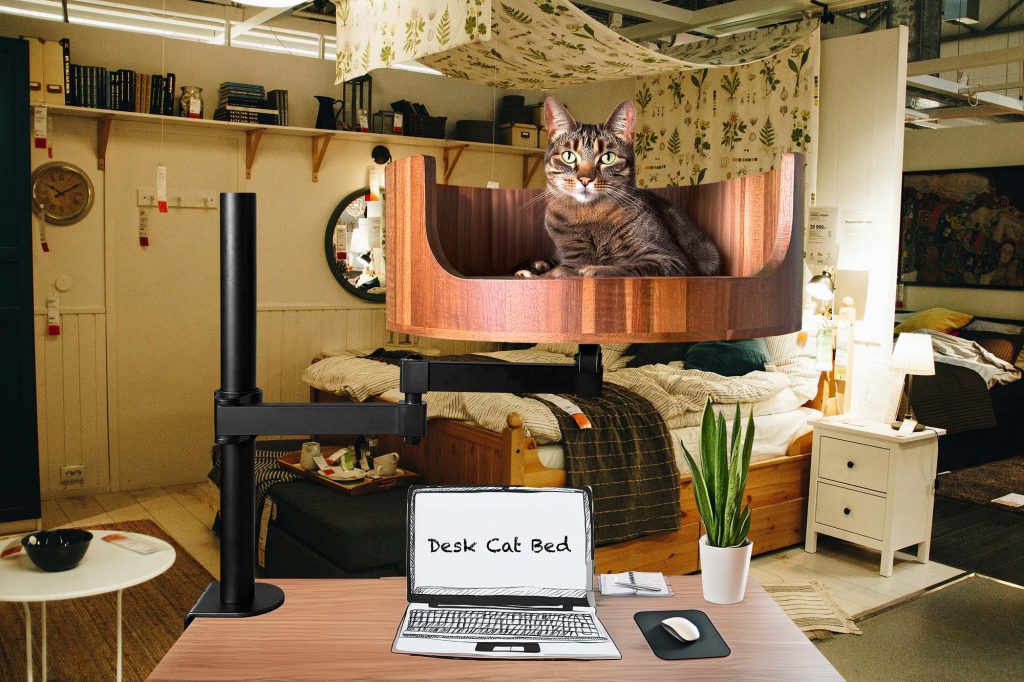Catnip, also known as Nepeta cataria, is a perennial herb that belongs to the mint family. This plant produces a chemical compound called nepetalactone, which is known to have a powerful effect on felines. Many cats exhibit a strong attraction to catnip, displaying behaviors such as rubbing, rolling, and playing when exposed to the herb. But can cats actually eat catnip? In this article, we will explore the feline fascination with catnip and investigate whether it is safe for cats to consume this herb.
Catnip has a long history of use as a recreational substance for cats, with its euphoric effects often likened to those of recreational drugs in humans. However, when it comes to ingestion, the effects of catnip on cats are less clear. While some experts believe that eating small amounts of catnip is safe for cats, others caution against feeding it in large quantities. We will delve into the science behind catnip’s effects on felines, explore the potential benefits and risks of cats consuming catnip, and provide practical tips for cat owners on how to safely introduce this herb to their pets. So, can a cat eat catnip? Let’s find out.
– Cats can safely eat catnip in small amounts without experiencing any harmful effects.
– Catnip is non-toxic and non-addictive for cats, making it a popular treat for many felines.
– The chemical compound nepetalactone in catnip is what causes cats to react with playful behavior or a state of relaxation.
– Catnip can be used to encourage exercise, reduce stress, and provide mental stimulation for cats.
– Not all cats are affected by catnip, as sensitivity to the plant is genetic and varies among individual cats.
What is Catnip and How Does it Affect Cats?
Catnip is a plant from the mint family that contains a compound called nepetalactone, which is what produces the characteristic response in cats. When cats come into contact with catnip, whether by sniffing, chewing, or rolling in it, they may exhibit behaviors such as sniffing, licking, rubbing, drooling, or even vocalizing. However, not all cats are affected by catnip – it is estimated that around 50-70% of cats have a genetic predisposition to react to it.
Is Catnip Safe for Cats to Eat?
While cats are typically drawn to the scent of catnip, there is no harm in allowing them to consume small amounts of it. In fact, ingesting catnip can have a calming effect on cats, making it a popular option for pet owners looking to reduce their cat’s stress or anxiety. However, it is recommended to offer catnip in moderation, as excessive consumption can lead to digestive issues like vomiting or diarrhea.
Alternatives to Catnip for Cat Enrichment
If your cat is not affected by catnip or you are looking for other ways to stimulate your feline friend, there are plenty of alternatives to consider. Silver vine, valerian root, honeysuckle, and even certain toys or interactive puzzles can provide similar enrichment and entertainment for your cat. Experimenting with different options can help you find what works best for your individual pet and their unique preferences.
Frequently Asked Questions
Can a cat eat catnip?
Yes, it is safe for cats to eat catnip in moderate amounts. Catnip is a natural herb that is non-toxic to cats and can be enjoyed by them in various forms, including fresh leaves or dried, as a toy or treat.
Will eating catnip harm my cat?
No, eating catnip will not harm your cat. In fact, many cats enjoy chewing on fresh catnip leaves or playing with catnip-infused toys. However, it is important to monitor your cat’s intake and ensure they are not consuming excessive amounts.
How much catnip is safe for my cat to eat?
It is recommended to give your cat small amounts of catnip at a time, as some cats can become overstimulated by it. A sprinkle of dried catnip or a few fresh leaves is typically enough to satisfy most cats without causing any negative effects.
Can catnip be used as a training tool for my cat?
Yes, catnip can be a useful tool for training and rewarding your cat. Many cats respond positively to catnip and can be encouraged to exhibit desired behaviors by using it as a reward. Just be sure to use it in moderation to prevent habituation.
Are there any cats that do not respond to catnip?
Yes, not all cats are affected by catnip. It is estimated that around 50-70% of cats have a genetic predisposition to respond to catnip, while the remaining percentage may not show any interest in it. If your cat does not respond to catnip, there are other herbs and toys that may provide similar stimulatory effects.
In conclusion, a Desk Cat Bed is a valuable choice for cat owners concerned about their feline companions consuming catnip. This innovative product provides a safe and cozy place for cats to relax and play, reducing the likelihood of accidental ingestion of catnip. With its durable construction and comfortable design, Desk Cat Bed offers numerous benefits for both cats and their owners, making it an essential addition to any cat household.


